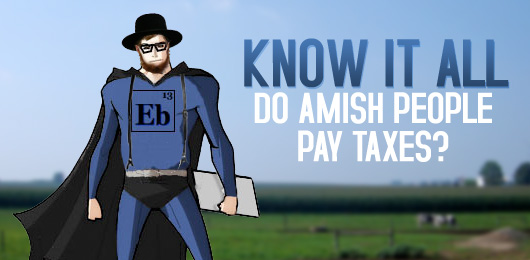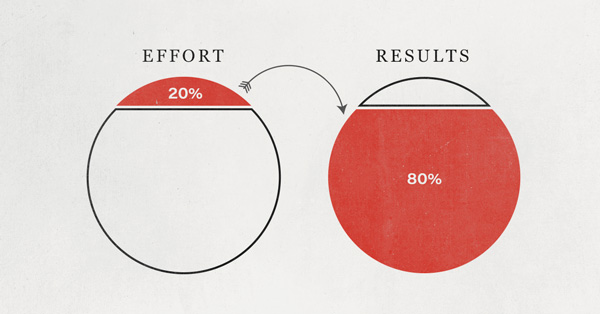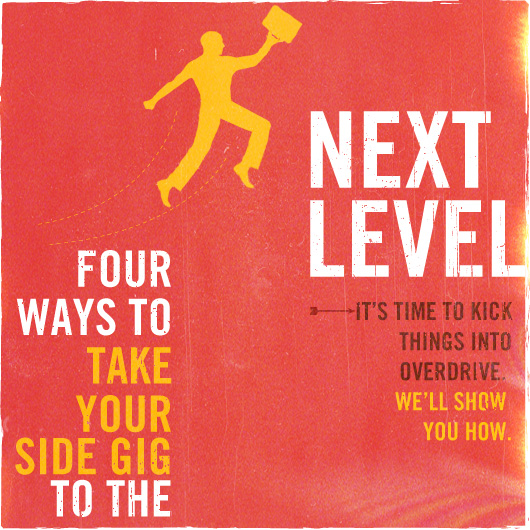Everybody has that moment when they realize they don’t know about something that they should probably know about. Whether it’s history, language, science, or cultural phenomena, you’ve felt the stinging personal embarrassment of a moment wherein you realize there’s some common knowledge that isn’t so common. Don’t feel bad; nobody knows everything. Nobody, that is, except me and my sidekick, The Internet!
Somewhere in the world, a confused soul begs the question…
Do Amish People Pay Taxes?
When pondering the fascinating ins-and-outs of the religious denomination most famous for refusing modern convenience, a common question arises: just how far does this predilection for simple living go? Does it extend to a denouncement of the most basic federal participation program? Do Amish people pay taxes?
As much as they would like to believe that they are exempt from one of life’s certainties, Amish are required to pay property, income, and sales tax just like the rest of us. However, the myth that they could get out of it is not too outlandish and is actually rooted in a bit of reasonability: Amish people do not collect Social Security, unemployment, or welfare benefits.
They do not collect Social Security due to the fact that, because so many Amish are self-employed, a majority of the people in their communities do not pay Social Security tax to begin with. This resistance actually extends back to 1955 when the Social Security Act was expanded to include farm operators: though many Amish complied with the new guidelines, plenty of others objected to the principal on various grounds (some claimed it violated the separation of church and state and others did not want to support a program that essentially questioned the people’s trust in God to take care of them in the later years of their life).
Fun fact: there is a clause in the 1965 Medicare Bill that exempts “Old Order Amish” (groups or sects established prior to 1950) who conscientiously object to paying insurance premiums for others.








![No, Timeless Style Is Not a Made Up Marketing Term [Essay]](https://www.primermagazine.com/wp-content/uploads/2023/05/timeless-style_feature.jpg)







